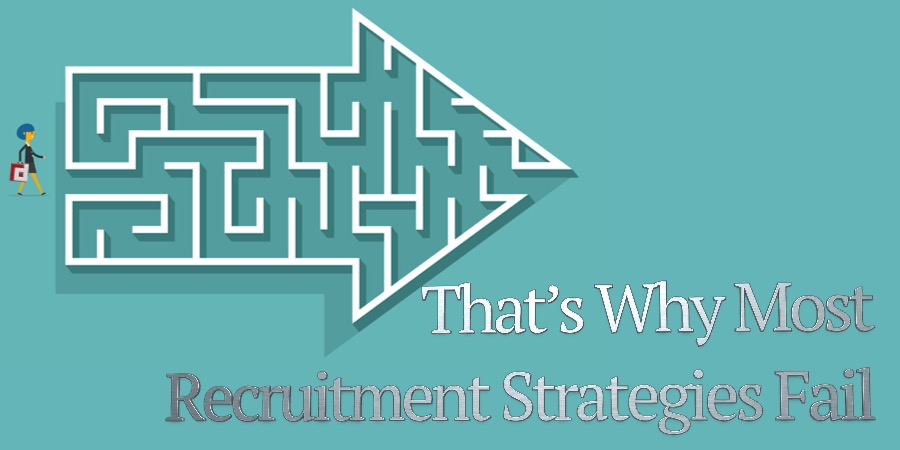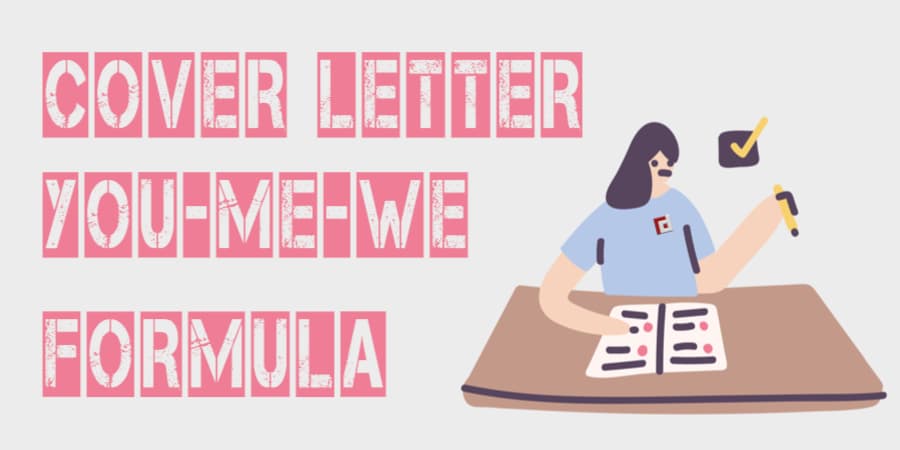07/11/2016
For a recruiter, it can be incredibly frustrating when the results are not as expected when you have spent a lot of time and energy developing a solid recruitment strategy. Finally, it is the employees in the company that make up the backbone, and the company will suffer if you are unable to fill in with the right candidates.







